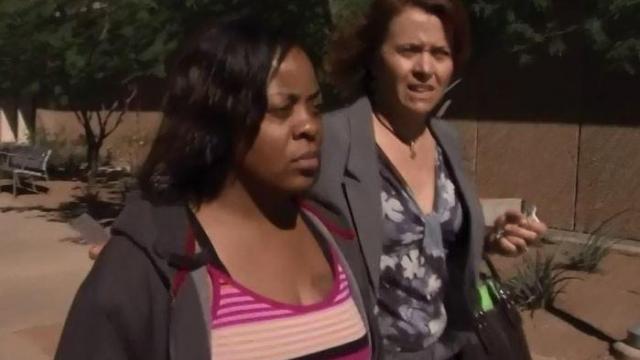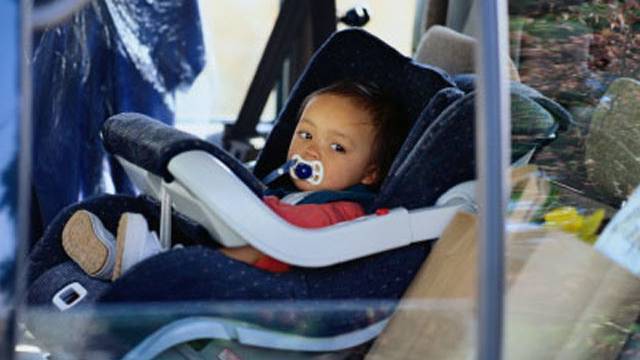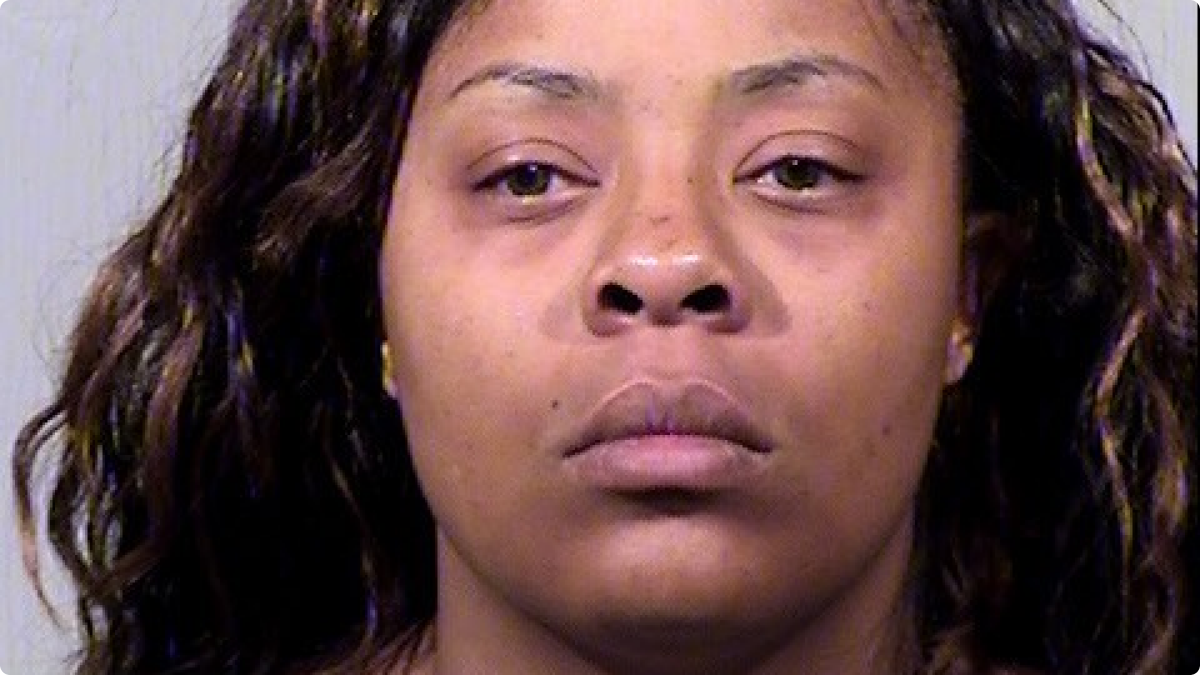
In 2009, when Robert H. Richard IV, an unemployed heir to the DuPont family fortune, pled guilty to fourth-degree rape of his three-year-old daughter, a judge spared him a justifiable sentence – indeed, only put Richard on probation – because she figured this 1-percenter would "not fare well" in a prison setting.
Details of the case were kept quiet until just the other day, as Richard’s ex-wife filed a new lawsuit accusing him of also sexually abusing their son. Since then, the original verdict has been fueling some angry speculation – shock, horror - that the defendant's wealth and status may have played a role in his lenient sentencing.
I hate to shatter anyone's illusions, but inequality defines our criminal justice system just as it defines our society. It always has and it always will until we do something about it, beyond just getting upset at local news stories.
America incarcerates more people than any other country on the planet, with over 2 million currently in prison and more than 7 million under some form of correctional supervision. The people who make up this outsize correctional population do not typically come from the Delaware trust-fund-creep demographic: more than 60% are racial and ethnic minorities, and the vast majority are poor.
Who's to say whether that Superior Court judge thought this ongoing disparity – that Robert Richard would have been incarcerated among the anti-Robert Richard - was reason to spare this convicted rapist a prison term. There is an abundance of evidence, however, that both conscious and unconscious bias permeate every aspect of the criminal justice system, from arrests to sentencing and beyond. Unsurprisingly, this bias works in favor of wealthy (and white) defendants, while poor minorities routinely suffer.
In August of last year, the Sentencing Project, a non-profit devoted to criminal justice reform, released a comprehensive report on bias in the system. This is the sentence you need to remember:
"The United States in effect operates two distinct criminal justice systems: one for wealthy people and another for poor people and minorities."
At every level, from arrest to trial to sentencing, the report found that poor minorities were treated more harshly than their wealthier counterparts. Minorities are more likely to be stopped by the police, more likely to be arrested when they're stopped and more likely to face more severe charges than white defendants in similar situations. Because minority defendants are often poor, they are less likely to be able to afford adequate counsel and frequently end up with unduly harsh sentences.
If Robert Richard had been poor and black when he was convicted of raping his toddler, just how long would his long prison term have been? Would he have "fared well" then?
I spoke with Sentencing Project executive director Marc Mauer about Richard and whether the fare-thee-well excuse should have had any influence on a prison term. "A lot of people suffer in prison," Mauer told me, "but we would like to see decision-makers consider the consequences of their sentencing actions on all defendants, not just on the privileged. If we gave the same consideration about harmful consequences to defendants across the board, it could lead to very different sentencing outcomes."
Far too often, we give far too little consideration to the consequences of a prison term on the life a poor defendant. At least the public is starting to pay attention to cases like that of Shanesha Taylor, who has been charged with felony child abuse in Scottsdale, Ariz., because she left her two small children alone in a car for a little over an hour to attend a job interview.
Taylor was taken straight to jail, where she languished for over a week. Her children were put in the custody of Child Protective Services, where they remain. Obviously leaving two small children unattended in a car was an ill-advised thing to do, but under the circumstances Taylor may simply have exercised the least bad option available to her.
The law enforcement officials who chose to arrest this 35-year-old mother and charge her with a felony may have had little sympathy for the homeless woman's plight, but ordinary Americans who can relate to Taylor's struggles are not willing to let this woman become yet another statistic in an unforgiving justice system.
Since Taylor was taken to jail, an online fundraising effort has raised nearly $80,000 from over 2000 small donors to help defray her legal expenses. A church group reportedly posted bail on her behalf, and an online petition to have all charges dropped has already garnered over 5,000 signatures.
I'm not sure why Taylor's case has attracted this kind of support in particular. It might have been the apple-sized tears spilling down both cheeks in her mug shot, or just that she was trying to dig herself out of some pretty terrible circumstances and Americans love someone who tries. Whatever the reason, it's encouraging to see the inequality that defines our criminal justice system is getting this kind of attention.
In its devastating report, the Sentencing Project lists 10 concrete measures that would help eliminate some of the more obvious inequalities in the system, from scaling back the war on drugs to eliminating mandatory minimum sentences to abolishing the death penalty. But until we recognize that bias permeates the system at every level – however unconscious or unintended – meaningful change will elude us.
Media attention and Kickstarters aren't everything, but recognition of a deeper problem isn't nothing.
3 WAYS TO SHOW YOUR SUPPORT
- Log in to post comments













